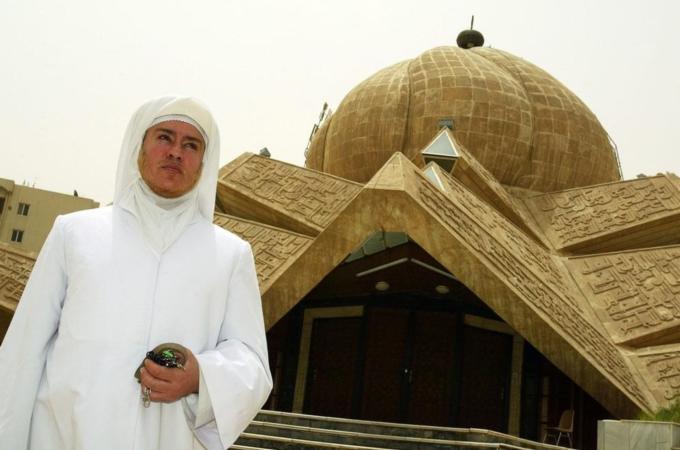Religious authority, state power and revolutions
Recent events in the Arab and Muslim world are redefining the role of religious scholars.

In the 20th century, the power and influence of religious scholars was transformed (Getty Images)
Last Modified: 15 Sep 2013 19:37
Hatem Bazian
Hatem Bazian is co-editor and founder of the Islamophobia Studies Journal and director of the Islamophobia Research and Documentation Project.
Current events in Egypt, Syria and Tunisia - and before that in Iraq, Sudan, Pakistan, Iran and Turkey - point to a great struggle between religious authorities and state powers. At play are various claimants to religious authority; states in pre- and post-colonial and pre- and post-nationalist periods; and the role of religious authorities in existing monarchies. The current back-and-forth arguments and personal attacks among religious scholars is a symptom of a bigger problem, the eroding stature, authority and role(Ar) of religious leaders across the board.
The scholars, despite being included, and contributing to unfolding events, have collectively been dragged into the political arena, an area they are ill-prepared or ill-qualified to respond to in clear and meaningful ways. And referencing classical texts only complicates the matter - for it brings history into the contemporary struggle without the prerequisite knowledge needed to examine the past. In this manner, the past becomes a tool for asserting claims to the contemporary.
The current conflicts and competing fatwas from Sunni religious authorities in response to events in Egypt and Syria, point to a deeper problem, the clear intellectual and institutional fragmentation witnessed among scholars (Ar) at the highest levels.
What is clear is the loss of authority. Unfolding events are shaping the overall discourse with scholars of all stripes following and not leading. What is the role of the scholars? Should they give support to the removal of an elected president? Who can determine the public benefit? Does the role of a government-appointed mufti impact or diminish their fatwa? Who are the legitimate scholars and does a government appointment negate the validity of a legal opinion?
http://www.aljazeera.com/indepth/opinion/2013/09/20139106443895282.html
